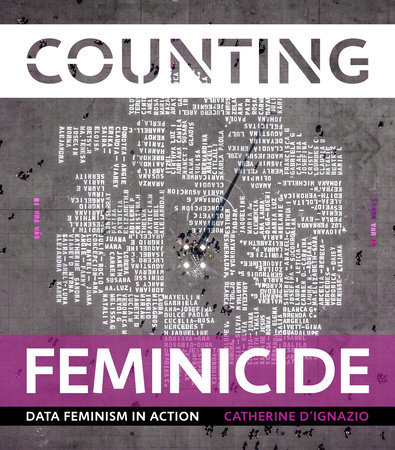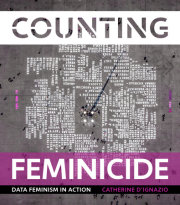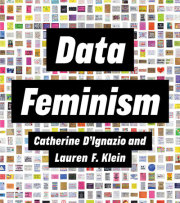CONTENTS
LAND ACKNOWLEDGMENT xi
PART I: DATA AND FEMINICIDE 1
INTRODUCTION 3
1 A SHORT GENEALOGY OF FEMINICIDE AND DATA ACTIVISM 27
2 OFFICIAL DATA, MISSING DATA, COUNTERDATA 53
PART II: THE PROCESS OF RESTORATIVE/TRANSFORMATIVE DATA SCIENCE 85
3 RESOLVING 87
4 RESEARCHING 113
5 RECORDING 141
6 REFUSING AND USING DATA 175
PART III: ACTION-REFLECTION 217
7 CO-DESIGNING FOR RESTORATIVE/TRANSFORMATIVE DATA SCIENCE 219
8 A TOOLKIT FOR RESTORATIVE/TRANSFORMATIVE DATA SCIENCE 245
CONCLUSION: PUTTING DATA SCIENCE IN ITS PLACE 273
ACKNOWLEDGMENTS 277
APPENDIX 1: FEMINICIDE DATA ACTIVISTS INTERVIEWED FOR THIS BOOK 283
APPENDIX 2: ACADEMIC-COMMUNITY PEER REVIEW BOARD 289
STATEMENT ON SHARING POWER 295
NOTES 297
BIBLIOGRAPHY 323
NAME INDEX 353
SUBJECT INDEX 357





